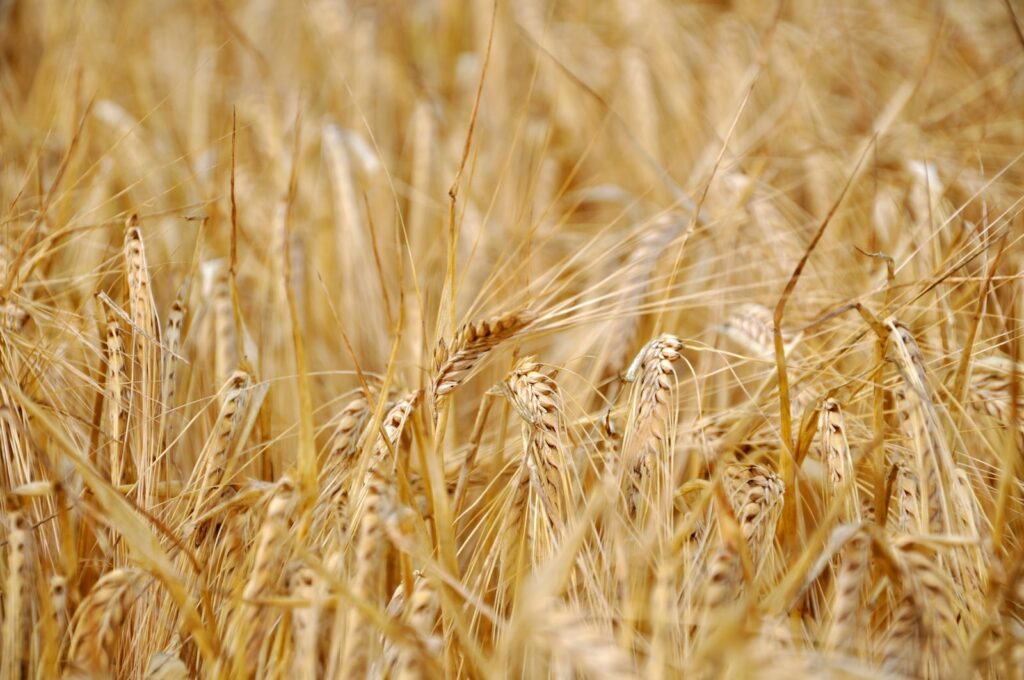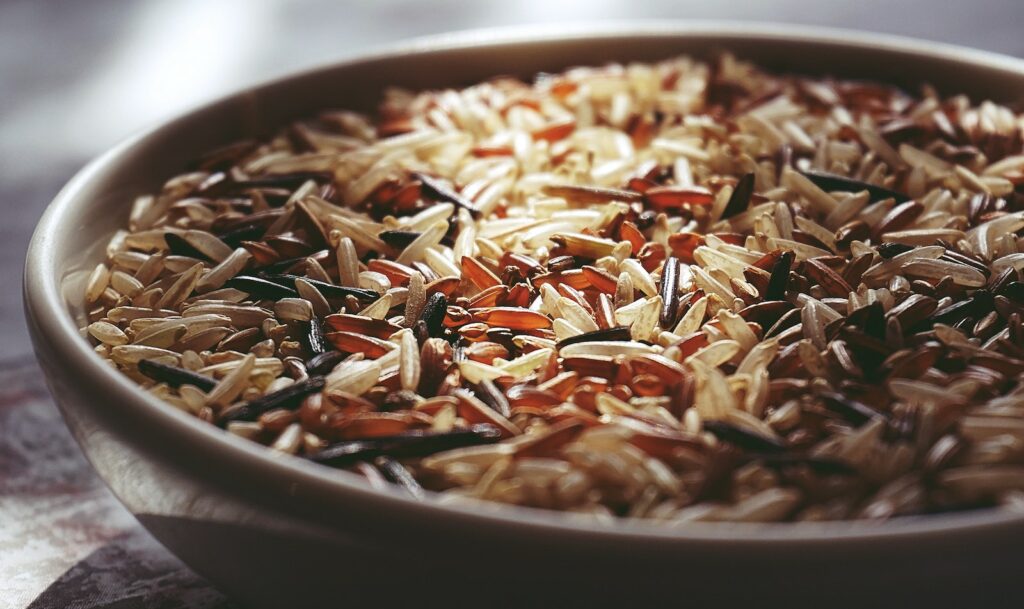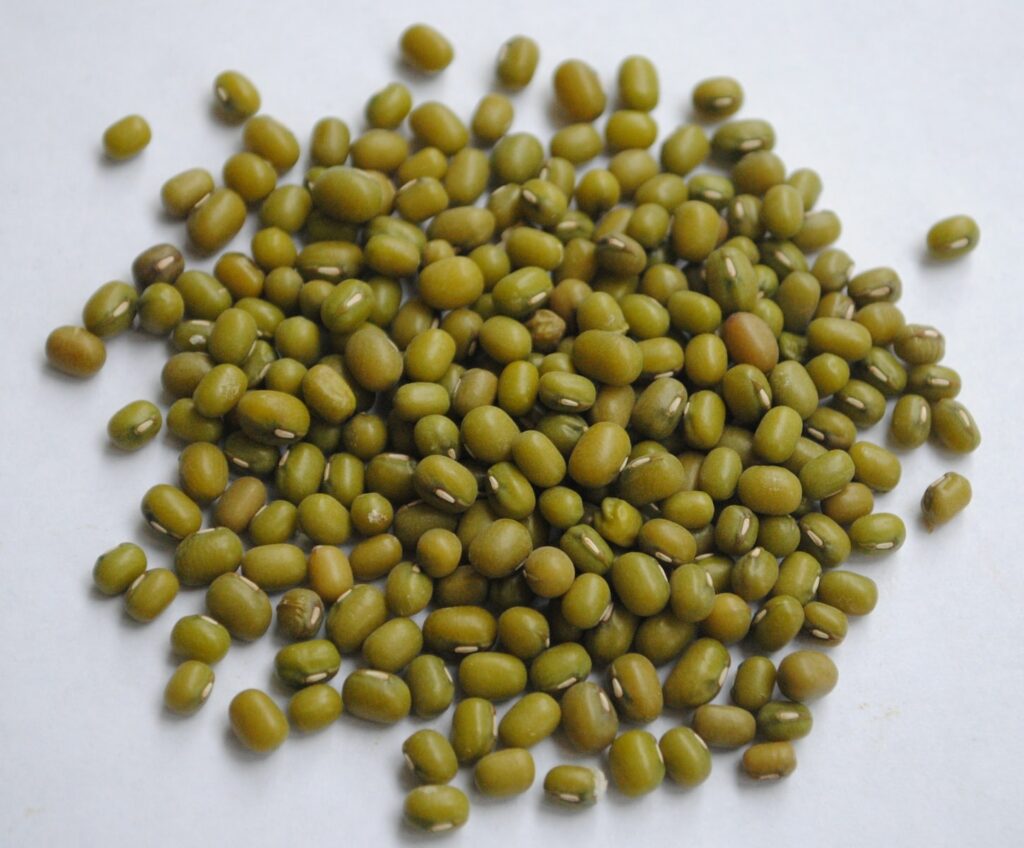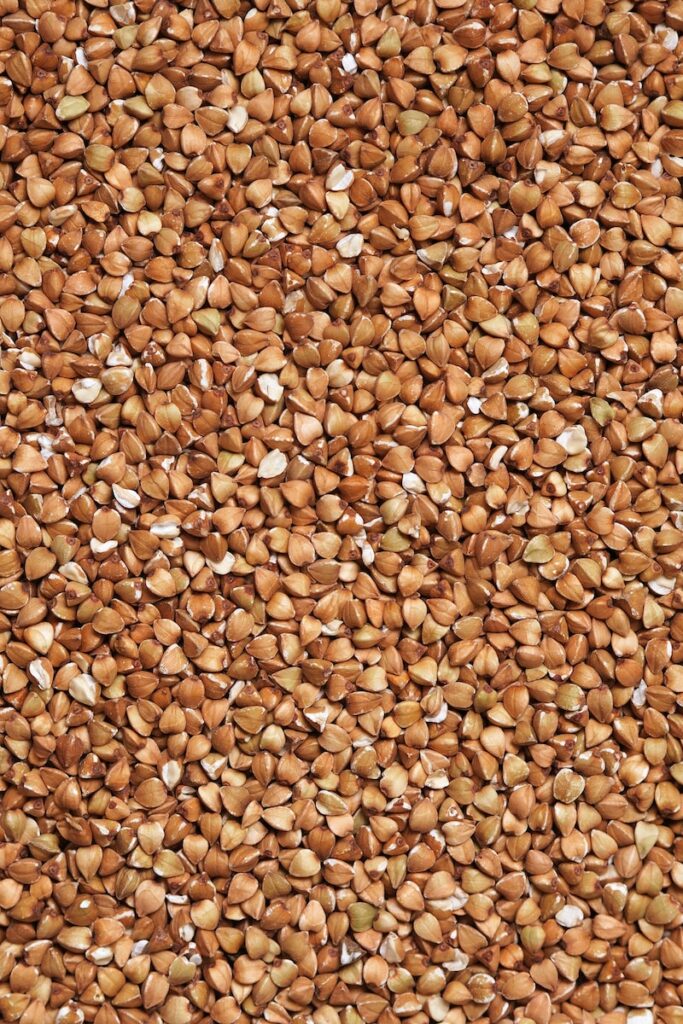
Barley is an ancient grain that has been grown for thousands of years. Originating in Ethiopia, barley was a staple crop in the Middle East and Europe, before being introduced to New Zealand in 1842. It is now one of the most widely-grown cereal crops in the country.
Not only is barley an excellent source of fibre and complex carbohydrates, but it is also a good source of micronutrients, minerals and bioactive compounds, making it a super food with numerous health benefits.
Nutritional Profile
Barley is a very nutrient-rich grain, providing many essential vitamins and minerals. It is a great source of dietary fibre, carbohydrates, and protein. It is also an excellent source of B-vitamins, magnesium, and phosphorus.
- Nutrients in Barley (per 100 g):
- Energy – 361 kcal
- Protein – 11.6 g
- Total Fat – 1.7 g
- Carbohydrates – 72 g
- Fibre – 17 g
- Minerals
- Potassium – 350 mg
- Calcium – 21 mg
- Phosphorus – 134 mg
- Magnesium – 153 mg
- Iron – 3.2 mg
- Zinc – 2.2 mg
- Vitamins
- Thiamin – 0.4 mg
- Riboflavin – 0.2 mg
- Niacin – 4.5 mg
- Vitamin B6 – 0.3 mg
- Folate – 133 ug
Modern Health Benefits
Barley is not just a great source of essential nutrients – it also offers some important health benefits.
- Weight Loss – Barley is a low-energy density food, meaning it contains fewer calories per weight than other grains. It also provides an excellent source of dietary fibre, which can help to promote feelings of fullness and reduce hunger. Regular consumption of barley can help promote weight loss.
- Heart Health – Barley is an excellent source of soluble fibre, which can help to reduce levels of cholesterol and other fatty acids in the blood, decreasing the risk of heart disease. Barley also contains phytochemicals that have anti-inflammatory and antioxidant properties.
- Gut Health – Barley is high in dietary fibre, which helps to support digestion and can help to reduce the risk of digestive diseases. The high fibre content of barley also helps to promote regular bowel movements, keeping the gut healthy and functioning properly.
- Diabetes Management – Barley can help to regulate blood sugar levels, as it is a low glycaemic index food. Barley also contains beneficial compounds that can help to reduce the risk of diabetes and protect against complications.
How to Enjoy Barley in New Zealand
Barley is a versatile grain that can be enjoyed in many different ways in New Zealand. It can be used to make porridge for a nutritious breakfast, and can be used to make soups, stews, and casseroles. It can also be used to add flavour and texture to salads, stir-fries, and other dishes. Barley flour can be used to make bread, cakes, and other baked goods.
Barley is also used to make beer, whisky and other alcoholic drinks. It is a popular ingredient in New Zealand craft beers, as it provides a unique flavour and texture.
In summary, barley is an ancient grain with modern health benefits. It is an excellent source of essential nutrients, minerals, and bioactive compounds. Regular consumption of barley can help to promote weight loss, support heart health, improve gut health, and help to regulate blood sugar levels. Barley is a versatile grain that can be enjoyed in many different ways, including porridge, soups, stews, salads, stirfries, and baked goods. It is also used to make beer, whisky and other alcoholic drinks.
For those looking for a nutritious and delicious whole grain, barley is an excellent choice.


